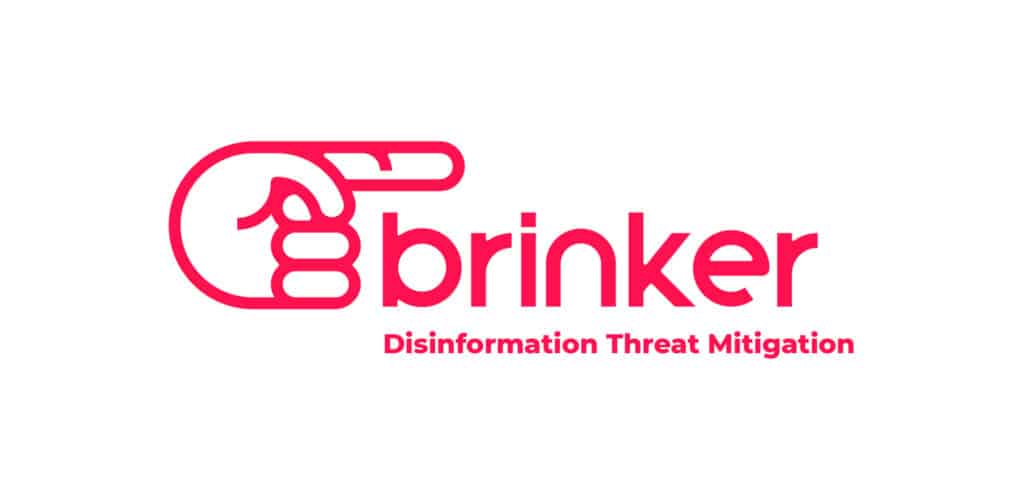A group representing the Uyghurs,a persecuted religious minority in China, faces unrelenting, targeted cyber attacks that appear aimed at stealing sensitive data and otherwise undermining the group’s activity, according to a new study by researchers at Northeastern University in Boston as well as the Max Planck Institute for Software Systems and the National University of Singapore. A study of more than 1,400 suspicious email messages sent to members of groups representing the Uyghur minority found that more than three quarters of the messages contained malicious attachments. The messages targeted 724 individuals at 108 separate organizations. Moreover, researchers found overlap between the individuals associated with the Uyghur World Contress (UWC) and western targets such as the New York Times and U.S. embassies. The study, “A Look at Targeted Attacks Through the Lense of an NGO” is being presented at the UNENIX Security Conference in San Diego on August 21. (A copy of the full paper is […]
Phishing
TRUST: Threat Reduction via Understanding Subjective Treatment
It has become obvious (to me, anyway) that spam, phishing, and malicious software are not going away. Rather, their evolution (e.g. phishing-to-spear phishing) has made it easier to penetrate business networks and increase the precision of such attacks. Yet we still apply the same basic technology such as bayesian spam filters and blacklists to keep the human at the keyboard from unintentionally letting these miscreants onto our networks. Ten years ago, as spam and phishing were exploding, the information security industry offered multiple solutions to this hard problem. A decade later, the solutions remain: SPF (Sender Policy Framework), DKIM (Domain Keys Identified Mail) and DMARC (Domain-based Message Authentication, Reporting & Conformance). Still: we find ourselves still behind the threat, rather than ahead of it. Do we have the right perspective on this? I wonder. The question commonly today is: “How do we identify the lie?” But as machine learning and data science become the new norm, I’m […]
Update: Cyber Spies Digging For Clues On Iraq?
The folks over at CrowdStrike have dug deep into a campaign of targeted cyber attacks targeting Washington D.C. think tanks and say they have evidence that whomever is behind the attacks has taken a sudden interest in U.S. policy towards Iraq. Editor’s Note: This story was updated to include comments from Adam Meyers, Vice President of Security Intelligence at CrowdStrike. – PFR July 8, 2014 14:30 Writing on Tuesday, CrowdStrike CTO Dmitri Alperovitch described a new campaign by a group they dubbed “DEEP PANDA” that was targeting think tanks specializing on U.S. foreign policy and national security. Alperovitch said CrowdStrike observed a pronounced shift in targets from think tank experts on Asia to experts on Iraq and the Middle East in recent weeks. The shift corresponded with the rapid escalation of violence in Iraq as the Islamic extremist group ISIS took control of large parts of the country. “This actor, who was engaged in […]
DHS Warns Energy Firms Of Malware Used In Targeted Attacks
The Department of Homeland Security warned firms in the energy sector about new, targeted malware infecting industrial control systems and stealing data. DHS’s ICS CERT, the Industrial Control Systems Computer Emergency Response Team, said it is analyzing malware associated with an ICS-focused malware campaign. The malicious software, dubbed “Havex” that was being spread by way of phishing emails and so-called “watering hole” attacks that involved compromises of ICS vendor web sites. DHS was alerted to the attacks by researchers at the security firms Symantec (which dubbed the malware campaign “Dragonfly”) and F-Secure (“Havex”) -a remote access trojan (or RAT) that also acts as an installer (or “downloader”) – fetching other malicious applications to perform specific tasks on compromised networks. One of those additional payloads is a Trojan Horse program dubbed Karagany (by Symantec) that has been liked to prior attacks on energy firms. According to Symantec, the malware targeted energy grid operators, major electricity generation firms, […]
Cisco: MS Word Macro Attacks Still Work Just Fine
We like to throw around the term ‘Advanced Persistent Threat’ casually these days to refer to a whole range of sophisticated and persistent attacks – usually on high value targets. But a blog post today by Cisco Systems makes clear that many otherwise sophisticated attackers do just fine with some pretty low tech and old school methods. Case in point: an attack Cisco is dubbing “String of Paerls-” a series of attacks on companies involved in research and what Cisco calls the ‘industrial manufacturing vertical.’ According to the report, the attacks start with a decidedly old school attack: a Microsoft Word document that includes a malicious Office Macro.”When the victim opens the Word document, an On-Open macro fires, which results in downloadin and executable and launching it on the victim’s machine.” Now, macro-based attacks are truly vintage. They first came to light in the late 1990s, with the Melissa virus – an early and successful […]






